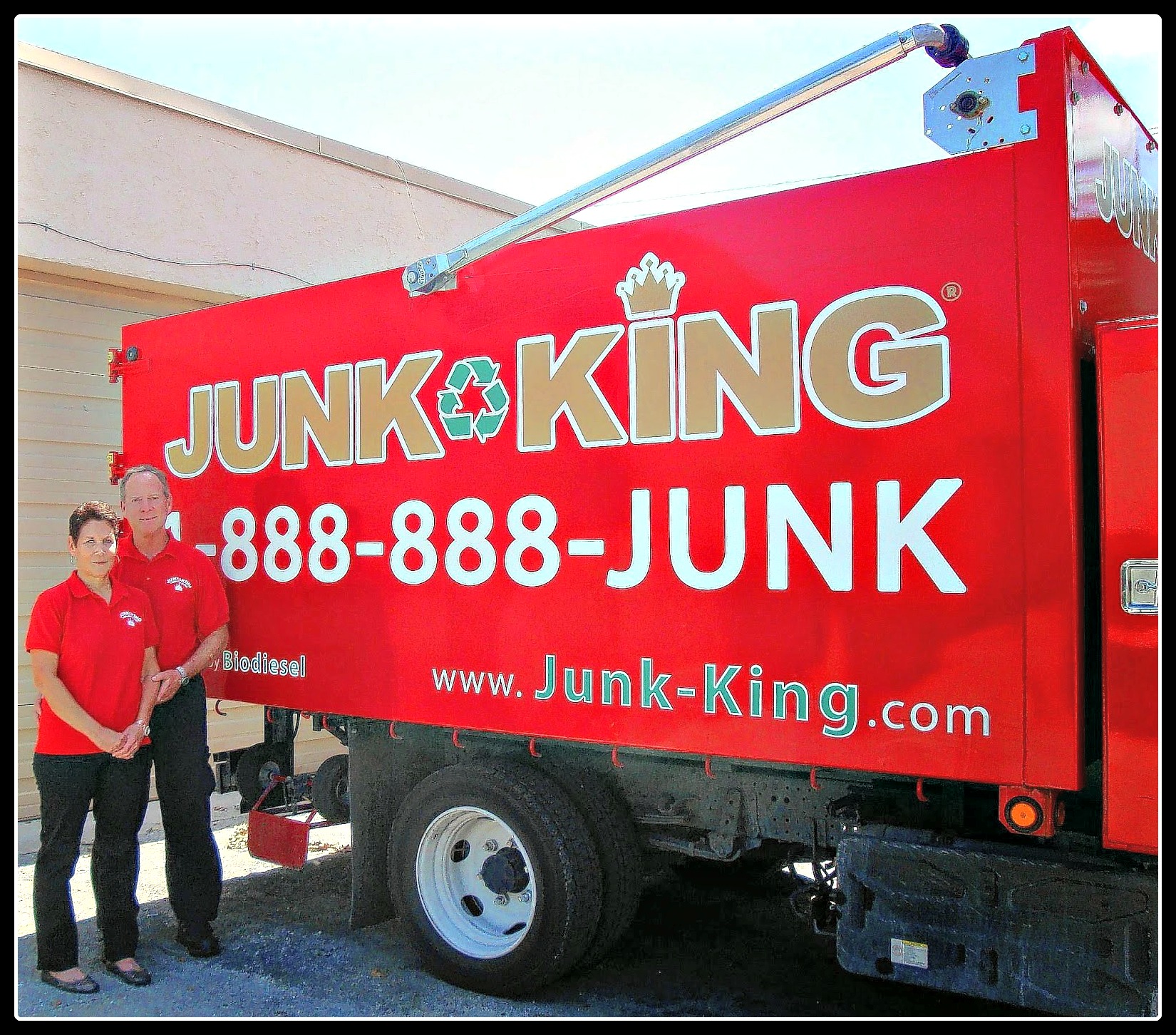Beware Of Regular Errors When Renting A Dumpster That Could Prevent Your Job'S Development
Beware Of Regular Errors When Renting A Dumpster That Could Prevent Your Job'S Development
Blog Article
Post Produced By-Law Hirsch
When renting out a dumpster, you should stay away from usual blunders that can cause unnecessary inconveniences and expenses. Picking the wrong dimension or overwhelming the dumpster are pitfalls that can disrupt your job and price you more than anticipated. Furthermore, disregarding regulations on banned items can have major repercussions. By avoiding these errors, you can make sure a seamless rental procedure and make the most out of your dumpster experience. But there's another essential aspect to take into consideration that can make or damage your rental success.
Inaccurate Dimension Option
When leasing a dumpster, among one of the most usual mistakes to avoid is selecting the incorrect size. It's crucial to evaluate your requirements properly to ensure you select a dumpster that can suit all your waste. Selecting a size that's as well tiny might result in overflow, added charges, or the demand to rent out an additional dumpster.
On the other hand, selecting a size that's too large can lead to lost money on extra space. To avoid this mistake, thoroughly approximate the amount of debris you'll have and review your project information with the rental firm. container rentals can offer assistance on the proper size based on your needs.
Overwhelming the Dumpster
To make sure a smooth waste disposal process when leasing a dumpster, it's critical to be conscious of overloading the container. Overloading a dumpster can lead to a series of issues that might not just hassle you but likewise cause additional costs or delays in waste removal.
When you exceed the weight restriction or load the dumpster beyond its capacity, it comes to be tough for the rental company to securely transfer and empty it. This can present safety threats to the drivers and others on the road.
Furthermore, overwhelming can cause damages to your building or the location where the dumpster is placed. Too much weight can tax surfaces like driveways or parking lots, causing splits or impressions.
It can also cause debris spilling out during transportation, developing a mess and possibly causing injury to the environment.
Violating Prohibited Things
Preventing overloading the dumpster is simply one element of liable garbage disposal; nevertheless, one more vital factor to consider is sticking to the list of prohibited items. Going against the limitations on what can and can't be dealt with in the dumpster can bring about major repercussions.
Dangerous products such as batteries, chemicals, paints, and oils are typically prohibited from dumpsters because of ecological worries. These products can infect soil and water resources if not disposed of appropriately. Furthermore, devices, electronic devices, tires, and mattresses are often limited due to their size and the specialized recycling processes they require.
Violating these rules can cause fines, penalties, and even delays in your waste elimination process. It's essential to meticulously examine the list of restricted products given by your dumpster rental company and make different setups for throwing away them. By adhering to these standards, you can ensure a smooth and compliant garbage disposal experience while avoiding unnecessary problems.
Verdict
Finally, preventing usual mistakes when leasing a dumpster, such as selecting the incorrect dimension, straining it, or breaching prohibited products, is important for a successful rental experience. By accurately analyzing your requirements, following weight limits, and adhering to disposal standards, you can make certain a smooth and hassle-free procedure. Keep in affordable dumpster rental to interact successfully with the rental business to attend to any type of concerns and make sure a positive end result for your job.
